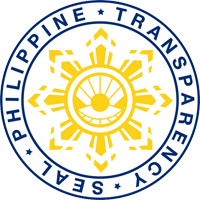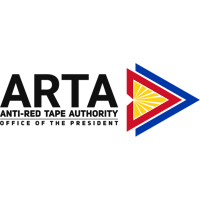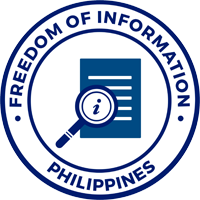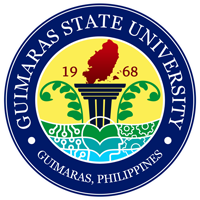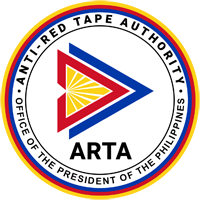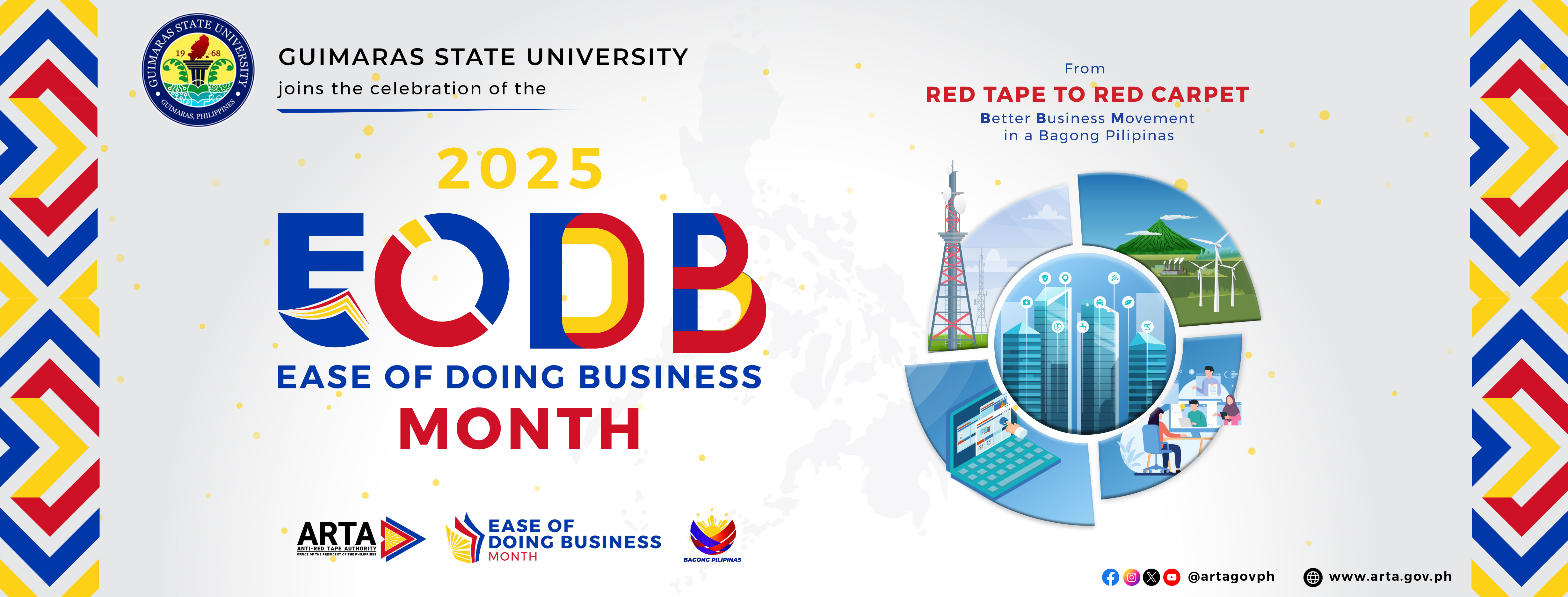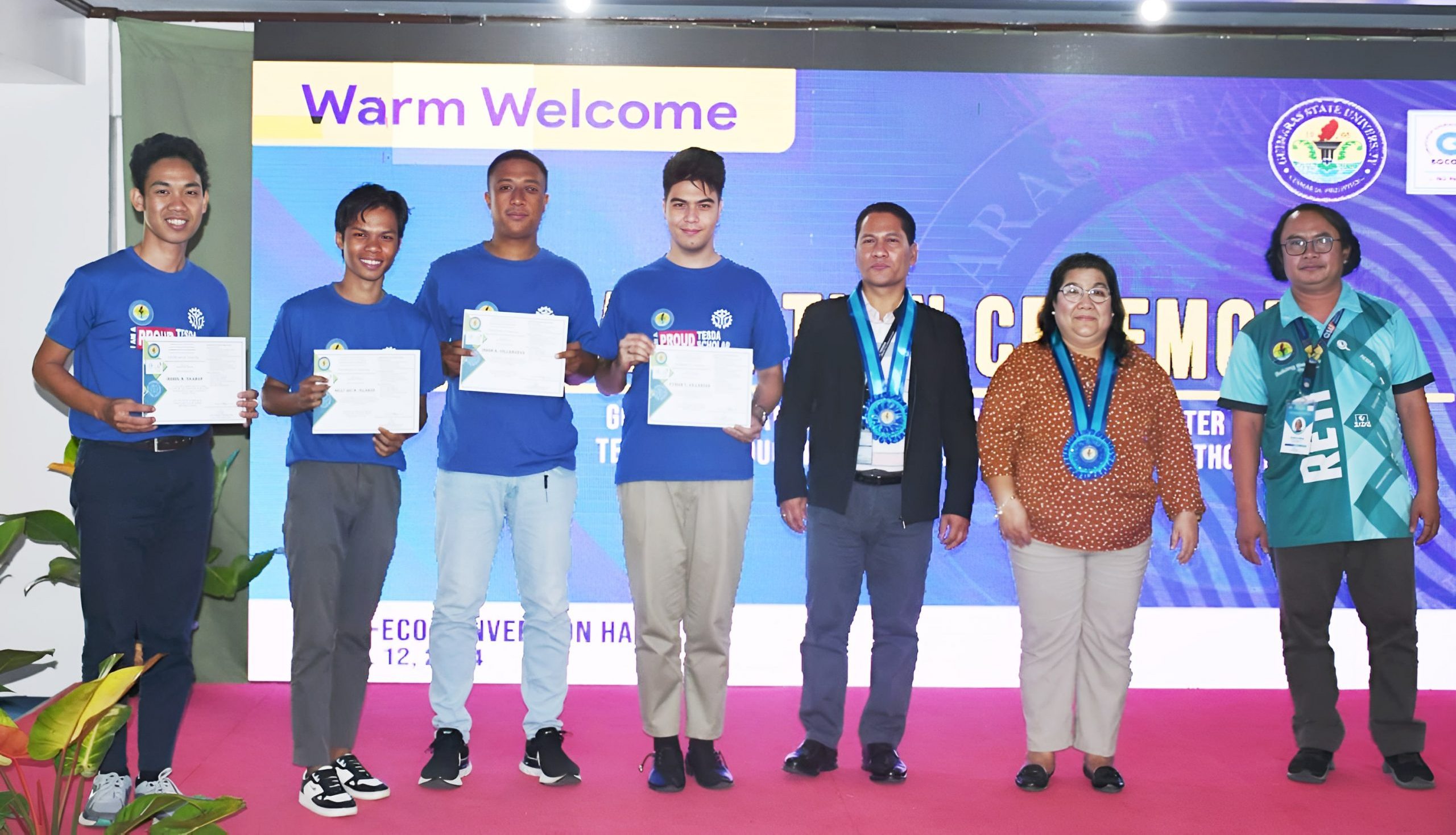
Guimaras State University held an Institutional Assessment for graduates of the Organic Agriculture Production NC II Training Program. This rigorous two-day evaluation, conducted after a 29-day intensive training period, aimed to assess the graduates’ mastery of organic agriculture fundamentals, ensuring they are well-prepared for future roles in sustainable food production.
The Institutional Assessment employed situational demonstrations and assessment-type tests, meticulously evaluating the knowledge and practical skills of each candidate. Core competencies included organic fertilizer production, organic animal husbandry, and organic vegetable cultivation, all designed to deepen participants’ hands-on experience.
On the first day, candidates demonstrated their expertise in organic extracts and mixes, earning commendations in Core Competency 3: Organic Fertilizer Production. Each participant’s understanding of Core Competency 1, “Raise Organic Chicken,” was also individually evaluated by trainers and assessors. These sessions not only tested technical proficiency but underscored the significance of sustainable farming practices in line with SDG 4’s mission to promote inclusive and equitable education.
The second day shifted focus to applying learned skills in organic crop production. Candidates demonstrated essential organic vegetable transplanting techniques and sowed bell pepper, eggplant, cucumber, and string bean seeds. Additionally, graduates showcased their skills in organic livestock management, including competencies in raising organic hogs and small ruminants, a critical component in advancing sustainable food systems.
This challenging assessment series underscored the commitment of Guimaras State University to equip graduates with the skills necessary for sustainable agricultural practices, supporting both quality education and the environmental goals of SDG 4. Graduates of the Organic Agriculture Production NC II Training are now poised to make meaningful contributions to the agricultural sector, armed with the skills to advance both community well-being and sustainable development.




